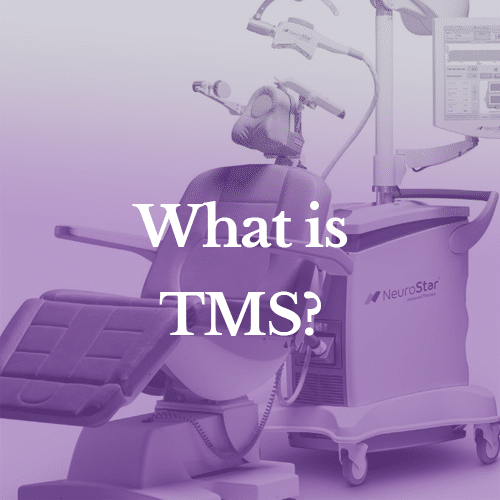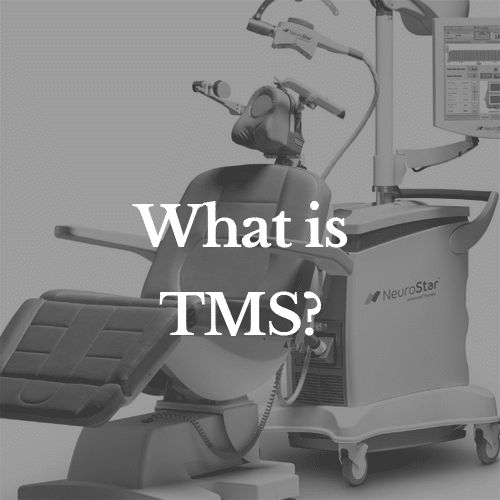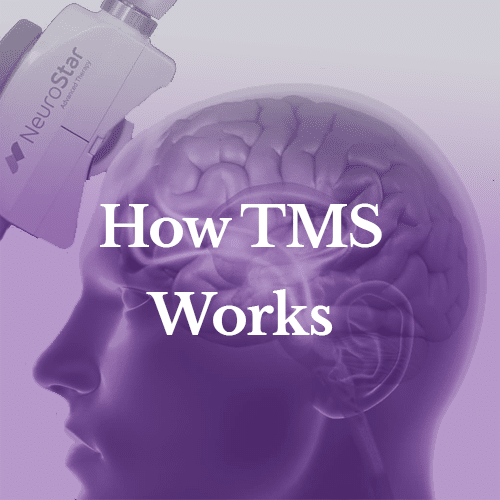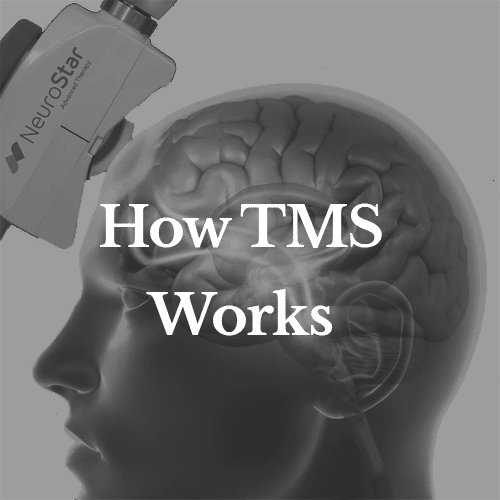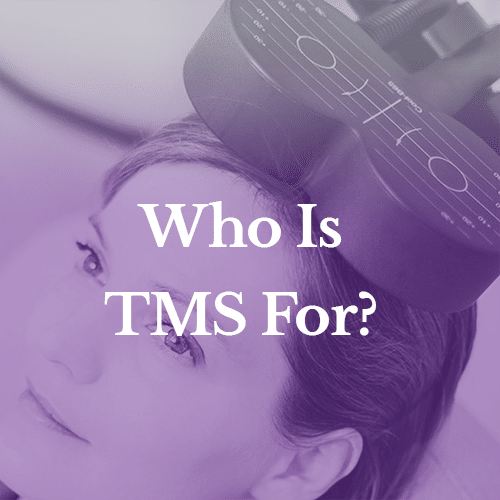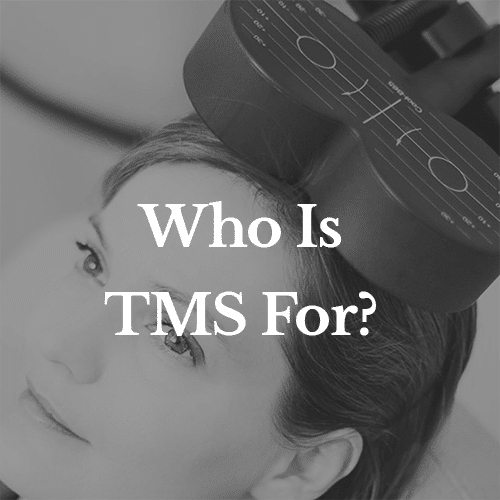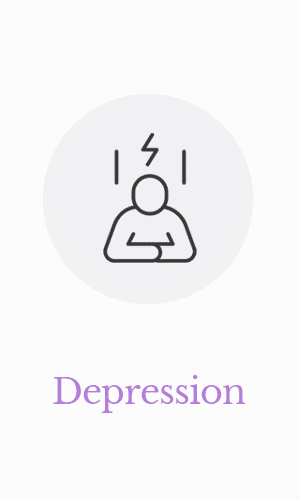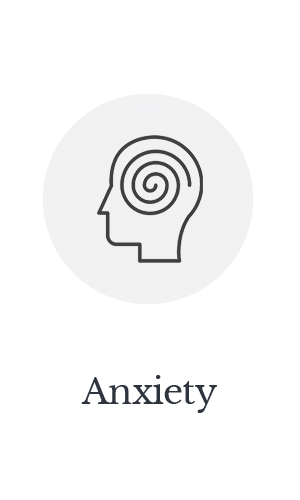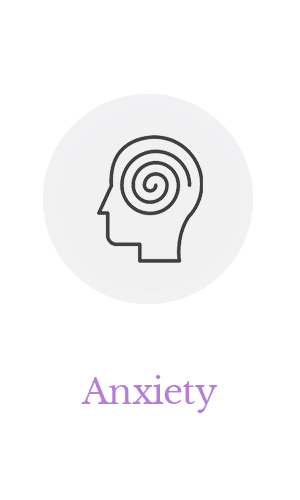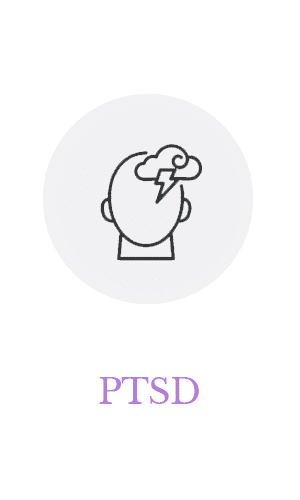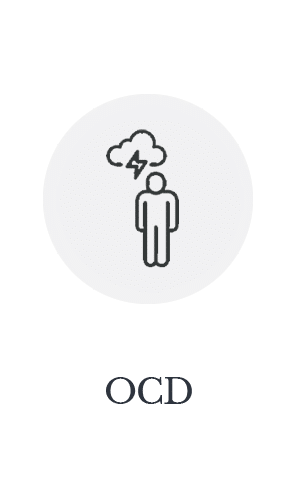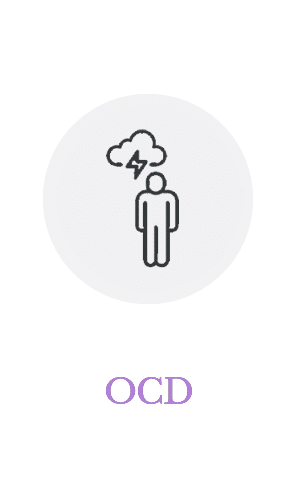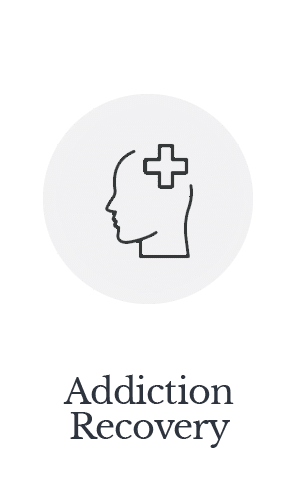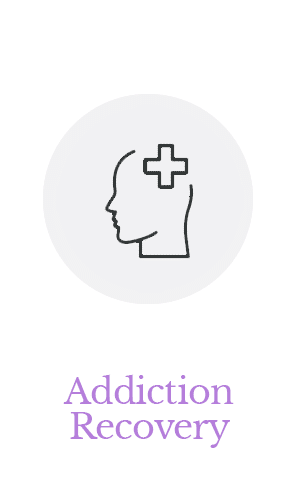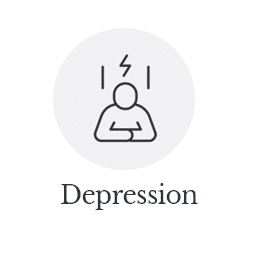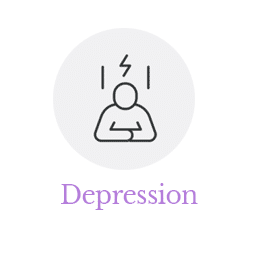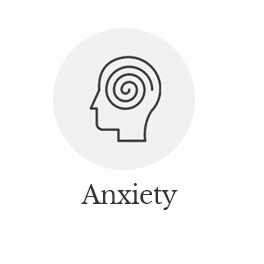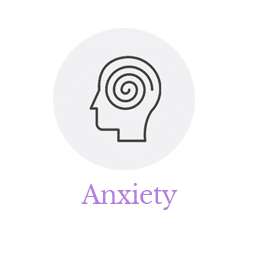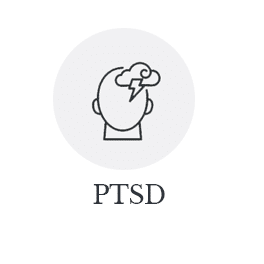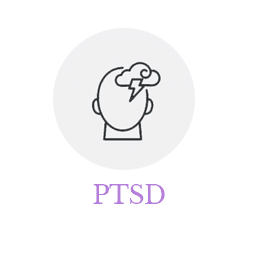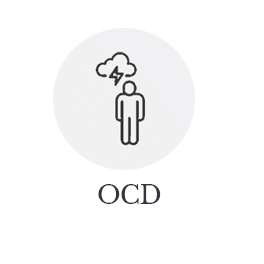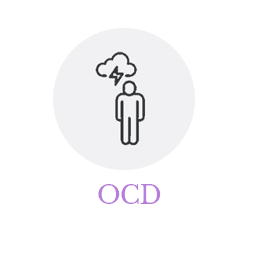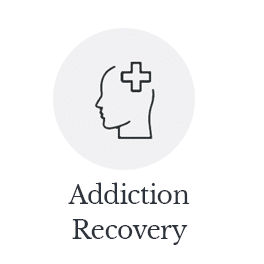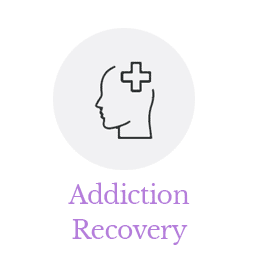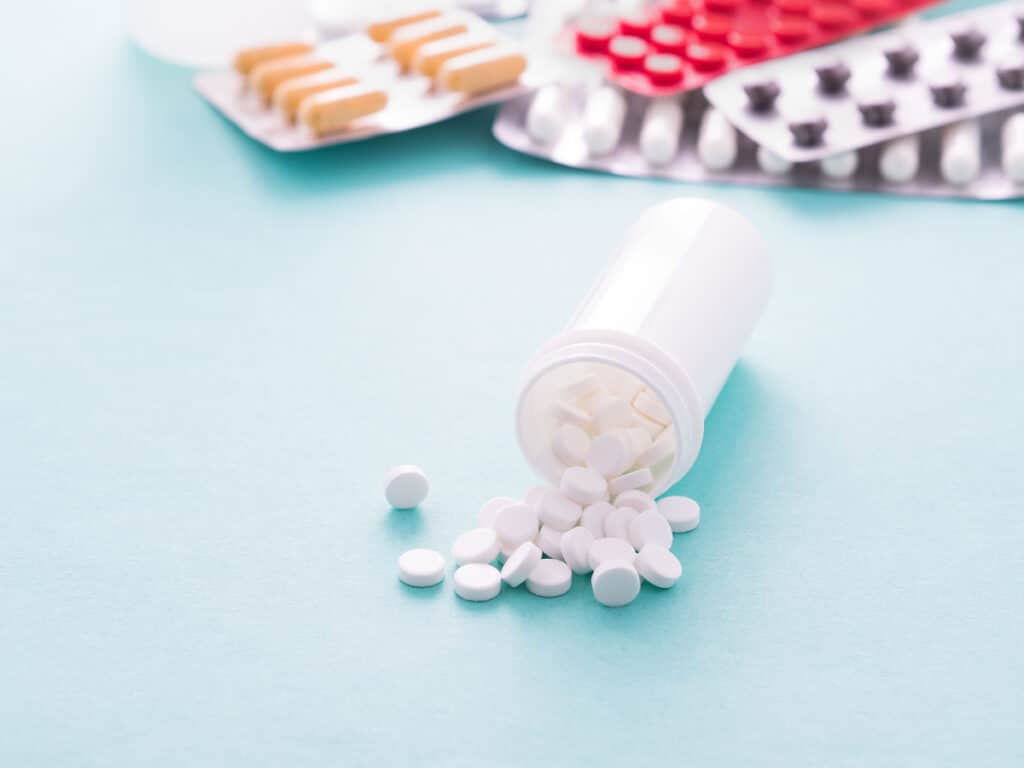Antidepressants are drugs prescribed to treat symptoms associated with social anxiety disorder, depression, seasonal affective disorder, and dysthymia. They’re used to regulate or correct chemicals in the brain responsible for mood and behavior change.
These medications are intended to help treat symptoms of depression and anxiety. Starting an antidepressant is something that should be discussed with a medical professional.
Like any other drug, it’s essential to take antidepressants as prescribed. Taking too high or too low doses can be ineffective and dangerous. Read on to learn more about signs that your antidepressants are too high.
How to Tell If Your Antidepressants Are Too High
Antidepressants should help people recover from disorders and allow them to live a life that’s not controlled by their mental illness. However, high antidepressant doses can be dangerous and negate their advantages. Here are several tips to help you know your antidepressant dosage is high.
You Always Feel Agitated
It’s normal for people with mental health disorders to be agitated, but these symptoms may negatively react to certain medications. Antidepressants are meant to regulate the chemical imbalance of neurotransmitters like serotonin. Therefore, if anyone takes high doses of antidepressants, they may experience confusion and agitation.
As expected, someone experiencing these symptoms may have unhealthy coping mechanisms. These coping mechanisms may include taking higher doses of antidepressants, possibly resulting in addiction.
Hypersomnia
High doses of antidepressants may cause hypersomnia. This is a condition where people experience more sleep than usual. Hypersomnia may be accompanied by experiencing vivid and disturbing dreams, seizures, myoclonus, or sudden limbs jerking when you’re sleeping.
Signs of Serotonin Syndrome
The most common sign your antidepressant is too strong is serotonin syndrome. This occurs when there are high levels of serotonin in the body due to high levels of Selective serotonin reuptake inhibitors (SSRIs), a commonly prescribed antidepressant.
There are some common signs and symptoms of serotonin syndrome. These symptoms may include agitation, rapid heart rate, muscle rigidity, high blood pressure, and loss of muscle coordination.
High Mood or Energy Levels Within a Short Timeline
Taking antidepressants can improve your moods and other mental illness symptoms. However, experiencing too much improvement within a short period may indicate a severe problem. Taking antidepressants can sometimes result in mood swings. This is especially true for people with bipolar disorders or a family with a history of this disease.
If you’re feeling too elated, become too tense with your loved ones, or feel more irritable, this shows that you might be taking high antidepressant doses.
Instances of Emotional Blunting
One of the least identified signs of high antidepressant intake is emotional blunting. This occurs when someone takes high doses of SSRIs and feels like their emotions have dwindled. In an article attributing the emotional side-effects of high SSRI dosages, participants reported having experienced a reduction in the intensity of their emotions. They reported having felt as if their emotions flattened or evened out.
For instance, a person experiencing emotional blunting may not feel excited about a hobby they used to engage in after a series of high SSRI intake.
Signs That Your Antidepressants Isn’t Working Properly
Antidepressants should take between two to twelve weeks to start working. However, you may start questioning whether your treatment works if there’s no visible improvement within the recommended timeline. Here are a few clues that may help you decide whether your medication is working:
You Feel Better Instantly, but this Doesn’t Last
Sometimes antidepressants may cause a placebo effect, an immediate feeling that you’re getting better. Sometimes this effect wears off, and you end up feeling the actual effects of antidepressant treatment. Other times the placebo effect wears off, and the intended results don’t kick in. In that case, it means that your medication stopped working and didn’t start working for you in the first place.
Your Depression is Getting Worse
Sometimes an antidepressant medication may worsen a depressive episode. Therefore, if your depression worsens, you may feel more agitated or unable to get out of bed in the morning. This means that your prescribed antidepressants may not be working.
Sometimes a patient’s genetic makeup may not suit a particular antidepressant, leading to poor or no response to the medication. Therefore, your doctor will likely take some genetic testing to determine which medicine will respond better based on your metabolism.
You’re Overwhelmed by The Side Effects
It’s common to experience the side effects of antidepressants, so clinicians should educate patients about these when starting their medication. If you start experiencing side effects such as mood swings or insomnia before the intended beneficial effects, your antidepressants aren’t working. Again, your doctor should recommend genetic testing to determine which side effects you may be prone to.
Your Antidepressants Are Not Giving a Similar Punch
The body may tolerate antidepressants if you take them for a long time. Therefore, medications that would have been quelling symptoms of mental illness like anxiety and sadness may not have any power. Such situations indicate that your dosage or a particular antidepressant drug may not work. Your doctor may suggest a higher dosage or change your antidepressant drugs to alleviate your symptoms.
What are the Alternatives to Antidepressants?
Antidepressants are not the only solutions to your mental health conditions. There are other safe alternatives that a person may adopt without serious risks associated. Some of these alternatives are as follows:
- Talking therapies like cognitive behavioral therapy, guided self-help, and counseling
- Art and creative therapies
- Regular exercises to boost your dopamine and serotonin levels
- Controlled intake of lithium
- Electric shock treatment
Find Support for Depression with Inland Empire TMS
You don’t necessarily have to take antidepressants to deal with depression. In some cases, people may need to take higher doses of meditation, and the higher dose may also fail. In that case, it’s imperative to seek an alternative treatment that would bear excellent results with minimal risks. There are other treatment options available to help people treat their depression. Transcranial Magnetic Stimulation (TMS) is the latest FDA-approved technology proven to help treat depression.
At Inland Empire TMS, we’re dedicated to offering the best TMS services to help our clients with mental health issues. We can help you live a happy and fulfilling life without depending on antidepressants.
Contact us today to learn more.

